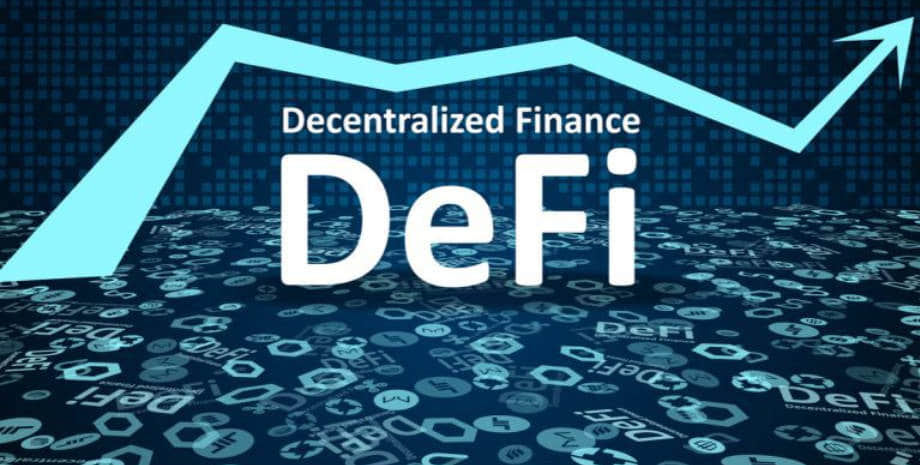The IRS’ Taxation Proposal: A Crypto Nightmare or Taxing Amusement?
Crypto Investors 'Raid' IRS in Fight Against U.S. Tax ProposalCrypto investors ‘raided’ IRS amid industry’s fight against U.S. tax proposal.
Oh, the sweet sound of the IRS holding an audio-only hearing to discuss their proposed taxation regime for digital assets. It’s like a virtual symphony, drawing views from the crypto industry on what threats await us in this proposed tax approach. Will it be a melodious ballad or a cacophony of chaos? Let’s dive into the concerns that have everyone’s knickers in a twist.
First up, we have the issue of user privacy. It seems like the IRS wants a front-row seat to all our crypto transactions, leaving us feeling a little exposed. I mean, do they really need to know every time we buy a cup of coffee? Is nothing sacred? It’s as if they want to be our nosy neighbor, peeking through the curtains of our daily lives.
Then there’s the never-ending question of who exactly falls under the category of “broker” in this proposal. The DeFi Education Fund argues that the current language stretches the statutory limits like a pair of spandex pants on an overstuffed turkey. If we’re not careful, every participant in the blockchain technology stack could be considered a broker. Talk about a musical chairs situation where everyone gets a turn!
But wait, there’s more! The IRS is trying to rope in decentralized finance (DeFi) platforms, decentralized autonomous organizations (DAOs), wallet providers, and even payment processors. It’s like they’re casting a wide net to catch anyone and everyone. Americans for Tax Reform raise the alarm, pointing out that the government’s definition of brokers includes entities who can’t possibly provide the necessary transactional information. It’s like asking a fish to climb a tree, or a dog to file your taxes. It’s just not feasible!
- LianGuaiWeb3.0 Daily | Beijing to build national blockchain network hub
- Beware Crypto Users: Fake Skype App Targets Unsuspecting Investors
- Bitcoin Unleashing a Revolution in Ownership
Ah, investor privacy, the golden unicorn of the crypto world. Coinbase, the mighty crypto brokerage, warns that the proposed regulations would impose unprecedented, unchecked, and unlimited tracking on our daily lives. They make it sound like we’re under constant surveillance, as if the government wants to know every time we breathe. It’s enough to make you want to move to a deserted island, where the only tracking you’ll find is the footprints on the sandy beach.
But fear not, my fellow crypto enthusiasts! There is a glimmer of hope amidst this sea of concerns. Establishing clear rules and forms for reporting gains would bring a much-needed ray of sunshine to the world of cryptocurrencies. No longer would we be lost in a vortex of uncertainty, contemplating the mysteries of tax obligations. We would finally have our very own bespoke tax form, like a tailored suit that fits perfectly.
And let’s not forget the cherry on top of this crypto taxation cake. If an IRS rule passes before any crypto proposals from the SEC, it would be a significant milestone. It would give digital assets an official status in U.S. finance, even as Congress continues to stumble through the dark alleys of crypto market laws. It’s like crossing the finishing line of a marathon while others are still tying their shoelaces.
Of course, this proposal has its fair share of critics. Some complain about the inclusion of stablecoins as reportable assets, others worry about its impact on defining securities. Nicolas Morgan, president of the Investor Choice Advocates Network, even asked the Treasury Department for clarification, desperately trying to ensure that digital assets are not swept up in the securities law mess. It’s like walking a tightrope while juggling flaming balls – a precarious balancing act indeed.
So, my dear readers, let us brace ourselves for the outcome of this IRS hearing. Will it be a symphony of sensible taxation or a cacophony of confusion? Only time will tell. In the meantime, keep hodling, keep trading, and remember to laugh along the way, because in the wild world of crypto, humor is often the best defense against the ups and downs.
Disclaimer: This article is for entertainment purposes only and does not constitute financial advice. Please consult a professional before making any investment decisions.
Read more: How the Crypto Industry Responded to the IRS Proposed Broker Rule
*Note: The above article is a humorous take on the topic and does not reflect the views and opinions of the author or this platform.
We will continue to update Blocking; if you have any questions or suggestions, please contact us!
Was this article helpful?
93 out of 132 found this helpful
Related articles
- DeFi Platform Raft Hacked: Attacker Loses Money on Epic Heist!
- Spartan Capital Acquires Pendle Finance: A Lively Boost to DeFi Landscape
- Ritual Rakes in $25M to Unleash AI Decentralization with DeFi Integration – Making Universal Access a Reality!
- Imagining the next round of storytelling in the storage race – data insurance.
- LianGuaiWeb3.0 Daily | SEC Chairman FTX may relaunch under new leadership
- All is ready, only waiting for the east wind Exploring the possibilities of decentralized options.
- How investors can withdraw funds in time before the DeFi protocol is suspended






